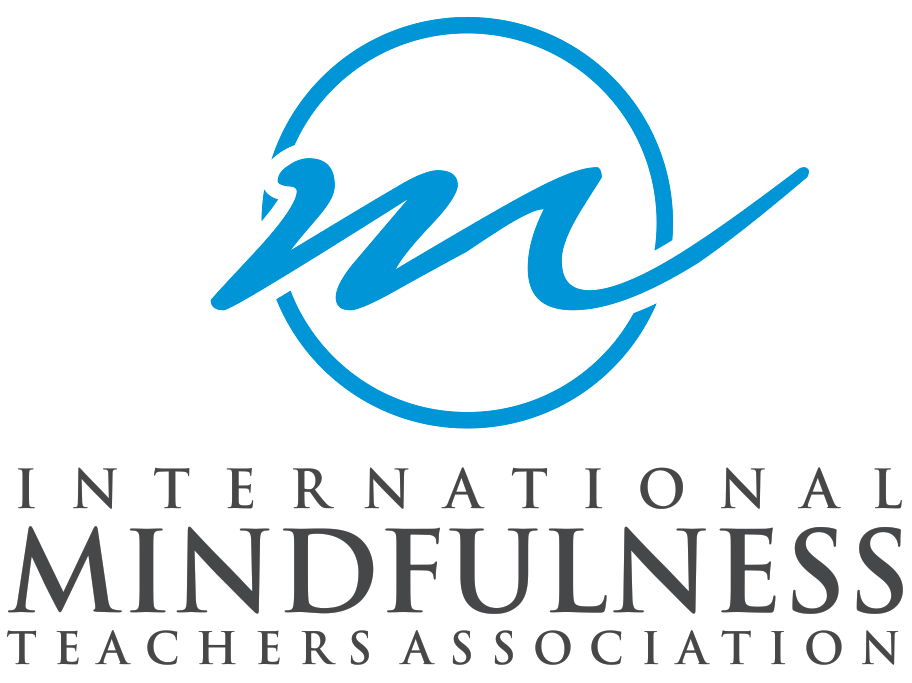| Teacher Training Competency Area | Examples | Minimum Contact Hours |
| Required Contact (Classroom) Hours | ||
| Mindfulness Studies | Overview of the mindfulness field History of mindfulness Science of Mindfulness Secularization of mindfulness Complementary practices (eg. cultivation of positive emotions, relational mindfulness, inquiry, working with trauma etc.) | 12 |
| Personal Practice Maturation and Development | Ongoing mindfulness practice in group setting with instruction and community support Personal exploration work of relevant issues to mindfulness facilitators such as presence and embodiment, cultivation of confidence | 8 |
| Teaching Methodology, Training and Supervision | Community building practices Mentorship and Supervision Feedback and peer support for facilitation practice Working with conflict in groups Working with individuals | 16 |
| Contemporary Mindfulness Applications | Exploration of practical applications of mindfulness in any of the following areas or related others: Education and youth Academia | 6 |
| Cultural Competency | Diversity issues in the mindfulness field Working with diverse populations, cross-cultural issues Professional Ethics for Teachers Accessibility of language, and presentation, removing barriers | 6 |
| Required Non-Contact (Non-Classroom) Hours | ||
| Practicum / Field Work | This component requires students to actively facilitate mindfulness in their work or volunteer setting | 12 |
| TOTAL REQUIRED HOURS | 60 | |
| Recommended Additional Non-Contact (Non-Classroom) Hours | ||
| Personal Practice Maturation and Development | Personal daily practice 5-day or longer mindfulness meditation retreat with a qualified instructor Attendance in related mindfulness classes | 120 |
| Study | Related reading, writing and academic work connected to the program | 30 |
| Other Required Components | ||
| Requirement | Criteria | |
| Prerequisites for Program-entry | Accepted students should have: A minimum 2 years of regular mindfulness meditation practice. Attended a mindfulness course like Mindfulness Based Stress Reduction (MBSR), Mindful Awareness Practices (MAPs) or equivalent. Attended at least 1 mindfulness meditation retreat of a minimum of 5 days with a qualified instructor. More than 1 retreat is highly recommended. Demonstrate professional credentials, graduate level training or state certification in K12 or higher education. | |
| Supervising Teachers | Supervising teachers must have a minimum of 10 years of advanced mindfulness experience and personal practice, and 5 years of teaching experience as evidenced by verifiable personal statement on application. | |
| Observation and Feedback Mechanisms | Students teaching skills should be observed live or on video for at least 2×30 minutes and provided feedback in written and verbal form a minimum of two times. (Mid-program and final) | |
| Personal Interaction between student and supervising teacher | Opportunities for personal contact between students and supervising teachers must be available in the form of individual or group teaching or mentoring sessions as demonstrated by program curricula. | |

